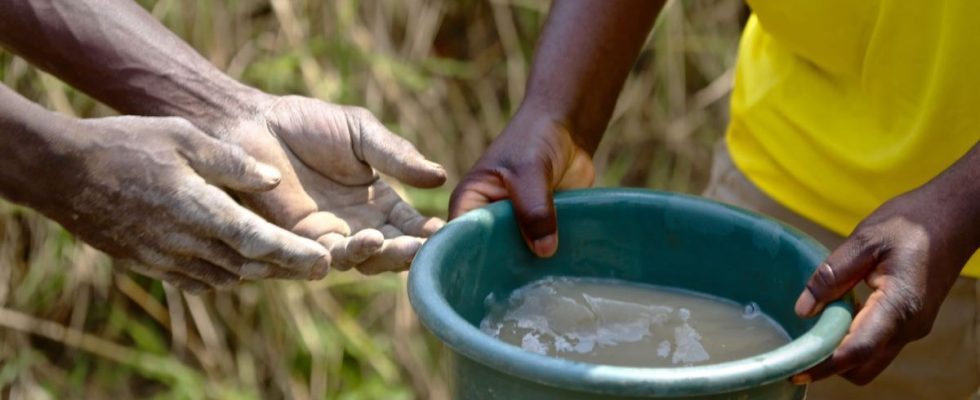Published on
Updated
Reading 2 min.
Since mid-March, a cholera epidemic has been raging in Mayotte. On May 8, the authorities announced the first death recorded in the territory: a three-year-old child. What measures are being taken in the department to combat this epidemic? Explanations from Dr Gérald Kierzek, emergency doctor and medical director of Doctissimo.
A cholera epidemic which has been raging for several weeks in Mayotte, a French department located in the Indian Ocean. Unfortunately, she has just claimed her first victim, a three-year-old child. In a press release, the prefecture of Mayotte writes: “The child lived in the Koungou district in which several cases of cholera had been identified in recent weeks, and which had focused intervention efforts, particularly vaccination.”.
What is cholera?
Cholera is an infectious disease caused by a bacteria called Vibrio cholerae. It produces a toxin responsible for the symptoms associated with the disease, which are dehydration through vomiting and acute diarrhea.
Cholera is a highly contagious disease, which is transmitted through contaminated water or food. We must act quickly to rehydrate the patient because if left untreated, cholera can be fatal within a few days. Besides, “The fact that the victim was a young child is not surprising.” explains Dr. Gérald Kierzek, emergency physician and medical director of Doctissimo. “Cholera most strongly affects vulnerable people, such as children and the elderly.. Antibiotic treatment exists to treat the most serious cases.
Around fifty cases in the department
Currently in Mayotte, around fifty cases have been recorded by the local regional health agency, according to its report dated May 6. More precisely, 58 cases have been counted, including six still active. “Public Health France sent around fifty reservists, who are health professionals from the metropolis, to carry out marauding raids in what we call “bangas” which are slums, in the local dialect”size Gérald Kierzek.
Measures which currently seem insufficient to eradicate the disease.
Practicing prevention, rather than treating cases
For the medical director of Doctissimo, giving hygiene advice and detecting cases is a good thing, but disease prevention is not currently being done. “We vaccinate the populationhygiene advice is provided but the prevention component is missing, which involves access to drinking water for all residents of the department” notes Gérald Kierzek. “We should rethink the circuit of the waterprovide tanks and ramps to clean up the environment and prevent the spread of the epidemic.
